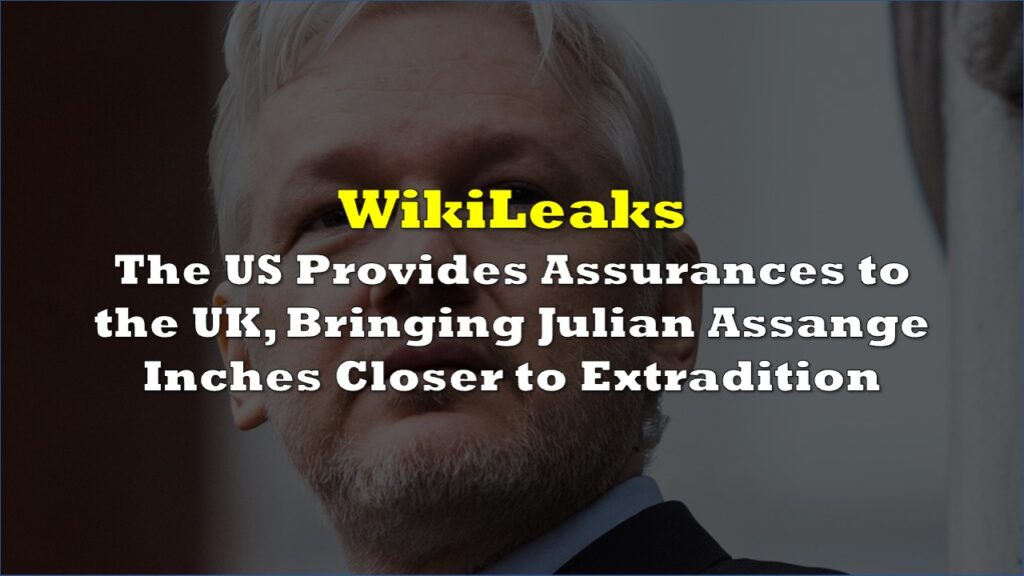WikiLeaks founder Julian Assange plans to plead guilty to a conspiracy charge this week as part of a plea deal with the U.S. Justice Department that will allow him to go free after spending five years in a British prison, according to recently filed court documents. Assange’s appearance is scheduled for Wednesday in the U.S. District Court for the Northern Mariana Islands.
Assange, who has been held in the high-security Belmarsh Prison in London since 2019, was charged with conspiracy to obtain and disclose national defense information. The charges stem from one of the largest publications of classified information in American history, involving the disclosure of tens of thousands of documents related to the wars in Afghanistan and Iraq, as well as U.S. State Department cables and assessment briefs of Guantanamo Bay detainees.
Julian Assange finally going free……#WikiLeaks pic.twitter.com/Hgstgj9AuV
— Merlin_Asset (@Merlin_Asset) June 24, 2024
The court documents indicate that Assange will be sentenced to 62 months, with credit for time served in British prison, effectively allowing him to return to Australia, his country of citizenship, immediately following the proceedings.
Assange’s legal troubles began over a decade ago. In 2010, WikiLeaks published a trove of classified documents provided by Chelsea Manning, a former U.S. Army intelligence analyst. These documents included sensitive information about U.S. military operations and diplomatic communications, which the government argued endangered national security and lives.
The whistleblower took refuge in the Ecuadorian Embassy in London in 2012 to avoid extradition to Sweden, where he faced allegations of sexual misconduct, charges he has consistently denied. After spending seven years in the embassy, Ecuador withdrew his asylum status, leading to his arrest by British police in April 2019. Sweden eventually dropped its investigation, but Assange was then held in Belmarsh Prison while fighting extradition to the U.S.
The plea deal comes after prolonged negotiations and legal battles. Assange’s defense argued that extraditing him to the U.S. would violate his rights, particularly his right to free speech under the First Amendment. In March, the High Court in London allowed Assange to appeal the extradition order, focusing on assurances about his treatment and legal protections in the U.S.
According to the DOJ, Assange’s guilty plea will not only conclude his legal ordeal but also allow him to return to Australia. This move has been seen as a compromise, balancing the U.S. government’s interest in prosecuting Assange for the leaks with concerns about his prolonged detention and health.
Reactions to Assange’s situation have been polarized. Supporters hail him as a champion of transparency and a hero for exposing government wrongdoing. Among the significant releases by WikiLeaks was a video showing a 2007 Apache helicopter attack in Baghdad that killed 11 people, including two Reuters journalists.
Conversely, critics argue that Assange’s actions recklessly endangered lives and compromised national security. The publication of unfiltered documents exposed confidential sources and strained diplomatic relations.
The plea deal also follows requests from the Australian government for the U.S. to drop its pursuit of Assange. Australian Prime Minister Anthony Albanese has publicly advocated for Assange’s release, emphasizing the need for a diplomatic resolution.
Information for this briefing was found via The Independent, CNBC, and the sources mentioned. The author has no securities or affiliations related to this organization. Not a recommendation to buy or sell. Always do additional research and consult a professional before purchasing a security. The author holds no licenses.






